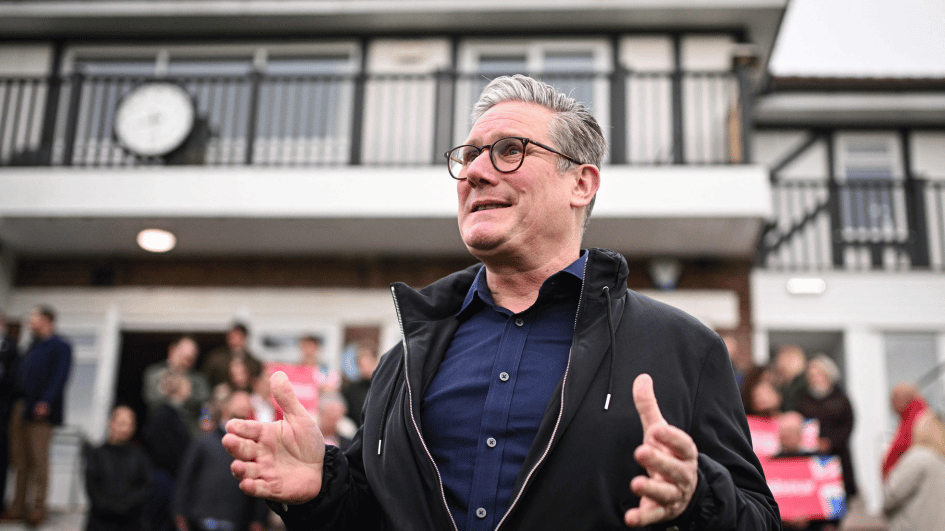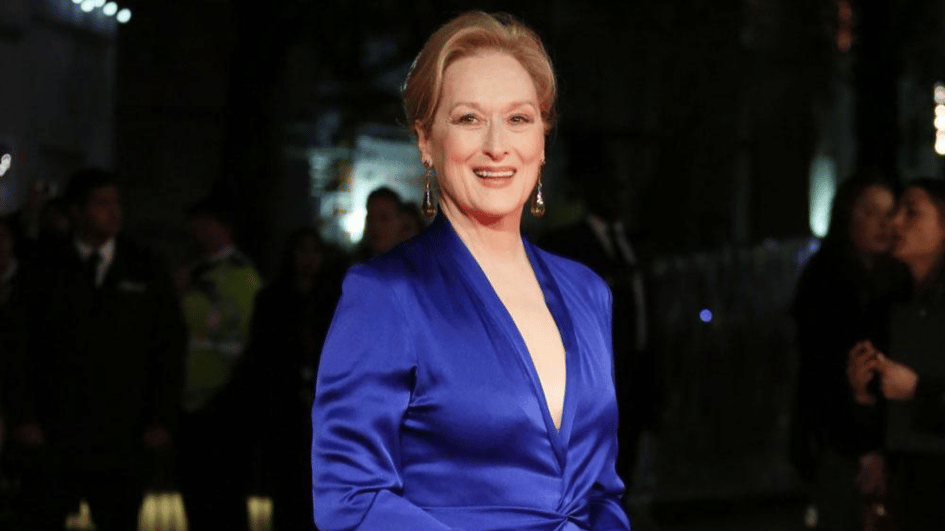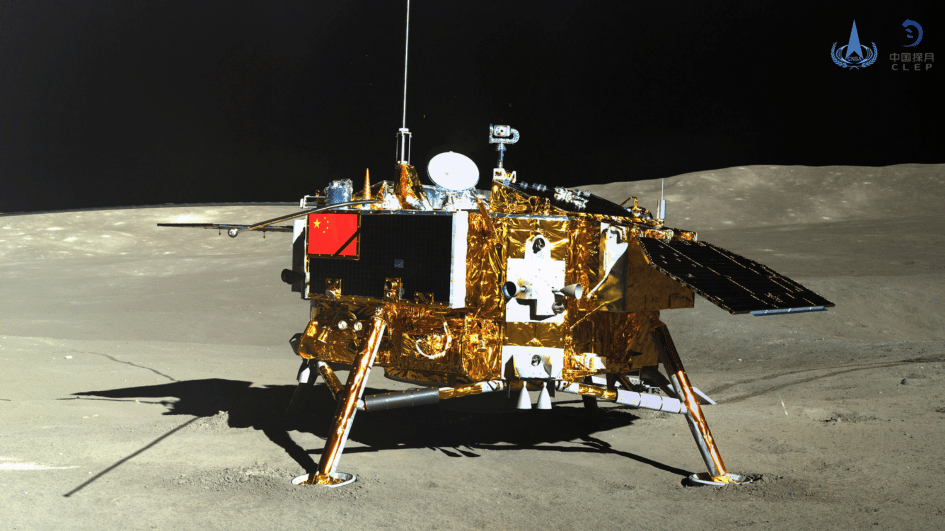Understanding Şerafettin Elçi
SIRRI SÜREYYA ÖNDER
To understand Şerafettin Elçi means to understand the most “reasonable” Kurd ever.You can start with these words of his: “In those times, there was only Star as a private television station. We would be happy if there were even derogatory references to Kurds in the news or debates because at least they were using the word ‘Kurd.’ In a way, we were being accepted.”
He was one of the brave sons of a population that was craving to hear the name of its people even if it was within the context of an insult sequence.
When he used the name of his people in a statement quite clearly that did not contain any contempt, a government was toppled. Because he said, “There are Kurds in Turkey and I am a Kurd,” he was sent to the Supreme Council.
Another way to understand him is to look at the caliber of those who insult him; this is also a method. When he took part in the Peace and Democracy Party (BDP)-Bloc alliance and stood up for the national democratic identity and pride of the Kurdish people, there were people cross at him. They criticized him for taking part in the alliance.
I looked at the crowd that gathered at Parliament’s court yesterday to see him off in his last journey. Except for the Nationalist Movement Party (MHP), all political parties were there, represented at their highest level. It is a genuine talent to plant respect even among your political rivals, and to maintain this respect without bending and twisting and without cursing the people whose food you share at their table. Elçi also achieved this before leaving this world.
He did not hesitate even for a moment to take on responsibility, in other words to put his hand under the stone, a stone that was pounding on his hand nonstop, saying, together with Ahmet Türk, “We should establish peace while our generation is still alive; the new generation’s memory only consists of pain and cruelty.”
On those days when he was being slammed shamelessly he was fighting for his life.
He had read these verses from Cigerxwin, with the maturity of a Kurdish leader:
“Em ji rê dernakevin çendan bibênin zilm û zor
Lewleb û çerxa cîhanê, geh li jêrîn geh li jor”
The translation of which would be, “No matter how much cruelty we face, we will not go off this road.
This is the wheel and winder of the world; sometimes it is up, sometimes it is down…” He conveyed this, looking at the Dicle River flowing at Diyarbekir, while he was explaining his friendship with the poet Cigerxwin, that he met up with the poet in secrecy from time to time at Cudi Mountain and one morning, while the sun was rising, the poet had looked up to the mountain, asking, “Şerafettin, sir, isn’t it incredible that while we have such mountains, we still remain under servitude?” and cited these verses.
The wheel and winder of the world will one day turn in favor of the oppressed.
A population which has such mountains, such poets and such sons cannot remain under defamation forever.
If you want to see him off the way he would have wished, you can say, “İnna Lillahi ve İnna İleyhi Raci’un,” and continue also with a prayer about the unity of people in freedom based on justice and equality; then you would see off Şerafettin Elçi, and understand him.
Sırrı Süreyya Önder is a member of Parliament, elected from Istanbul as an independent candidate supported by the BDP. The unabridged version of this article was published in daily Radikal on Dec 27.
It was translated into English by the Daily News staff.











